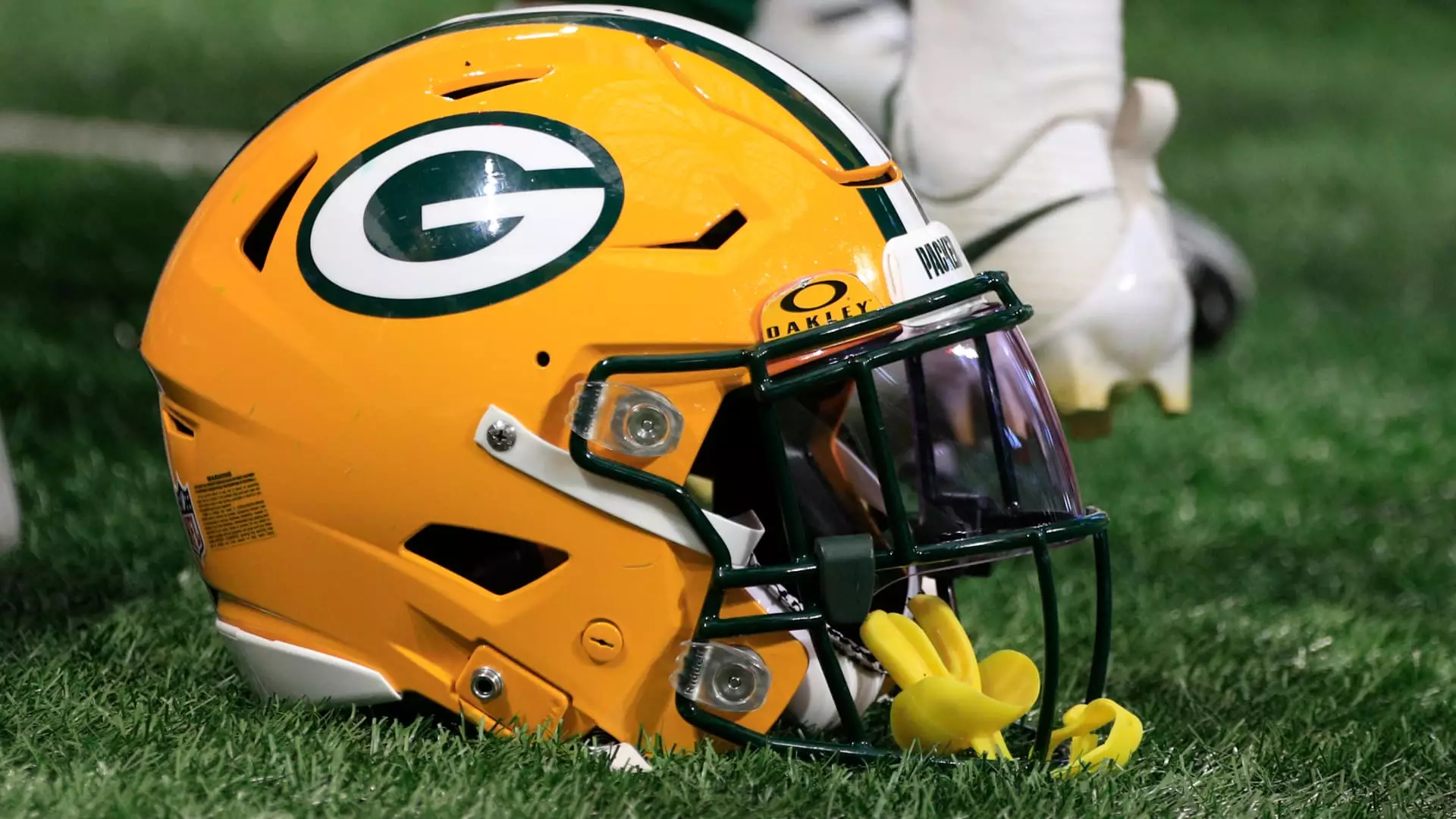The Green Bay Packers have a one-of-a-kind ownership structure that sets them apart from the rest of the National Football League. As the 12th most valuable NFL franchise at $6.3 billion, the Packers are the only team that operates as a publicly owned entity in the four major North American professional sports leagues. Established over 100 years ago, the franchise is entirely owned by stockholders, many of whom are dedicated Packers fans.
The Packers have had six stock offerings since their inception, with the most recent one taking place in 2021. These offerings have resulted in over 5.2 million outstanding shares owned by more than 538,000 individuals. However, these shares do not pay dividends, cannot be transferred outside of passing them down to a family member, and do not hold any intrinsic market value. While shareholders have the opportunity to attend the team’s annual meeting and vote for the board of directors, they do not receive any financial benefits from their ownership. The only way to make money from owning a share is to sell it back to the team, but even then, it is only for a percentage of the original share price.
In 2023, the Packers generated $638 million in revenue, with an EBITDA of $128 million. As a nonprofit organization, the team allocates its annual revenue towards player salaries, maintaining Lambeau Field, marketing efforts, and other expenses. The proceeds from the stock offerings have been crucial in helping the team overcome financial challenges and fund major renovations at Lambeau Field.
The unique ownership structure of the Packers makes them less attractive to private equity investors who seek financial returns on their investments. With a 200,000 share per person ownership cap, it limits individual ownership to less than 4% of the team’s total shares. While current rules permit private equity firms to own up to 10% of a franchise, the Packers’ ownership model is not conducive to traditional investment strategies. The sporadic nature of the stock offerings, combined with the relatively low cost of shares, presents a significant barrier for fans looking to own a stake in the team.
The Packers’ ownership model has evolved over the years, with the price of shares increasing from $5 in 1923 to as high as $300 in the latest offering. Despite the rising costs, it remains a fraction of the average $6.49 billion valuation of an NFL team today. This unique ownership structure reflects the team’s commitment to its community and fans, setting them apart from the traditional NFL ownership model.
Green Bay’s small market size and lack of tourist attractions compared to other NFL cities make the Packers a unique entity in the league. Their long-term stability at the quarterback position, from Brett Favre to Aaron Rodgers and now Jordan Love, has garnered both admiration and criticism from fans and rival teams. The Packers’ ongoing success and endurance in the league showcase the power of a dedicated fan base and a distinct approach to team ownership.

